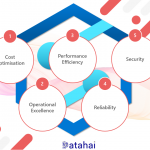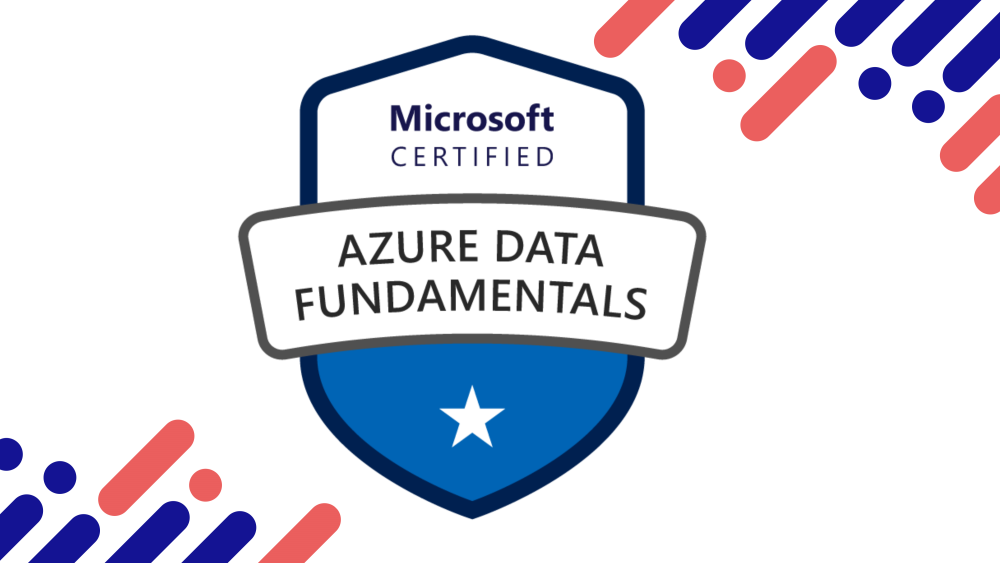The Azure Data Fundamentals certification is part of Microsoft’s recent Fundamentals certifications aimed at assessing knowledge around the data service options available in Azure to suit certain workloads. The certification is earned by completing a single exam which contains around 45 multiple choice questions and can be taken remotely. The cost of the exam is £69 + tax (around £82 in total).
- Microsoft’s official page for the certification itself is available here.
- Exam details to qualify for the certification is available here.
Who is this certification for?
As this certification is based on a particular category of Azure technologies focused on delivering data solutions, it is particulary useful for those needing to understand the various data options available. Application/Data Developers, Data/Enterprise Architects or Program/Project Managers who are creating or managing new data services in the Azure cloud or looking to migrate data workloads to the Azure cloud will benefit. Any Developers/Engineers who have a grounding in one particular database workload type but have yet to gain exposure to other workload types will also benefit. AWS/Google Data Professionals will also benefit in understanding the data services options in Azure.
What does the certification cover?
There are 4 main concepts that the certification covers which includes a general overview of data workload types, batch and streaming processes, and common workload scenarios:
- Core Data Concepts includes batch and streaming concepts, data loading processes, and data visualisation and analytical techniques.
- Working with Relational Data includes understanding the SQL services available that are suitable to run highly transactional workloads such as order processing systems.
- Working with Non-Relational Data includes understanding the NoSQL data services and configurations available when workloads require relaxed data constraints.
- Analytics Workloads includes understanding data warehouse patterns, services available to provide data processing and storage for analytical workloads, and data visualisation techniques.
A full breakdown of the assessed skills are available here in PDF format.
What learning resources are available?
Microsoft has a learning portal available here and whilst you do not need a Microsoft account to login to view the content, logging in will allow you to save your progress and complete the exercises. The Learn Portal allows you to curate learning resources enabling you to have a single place to bookmark your courses and see your certifications.
The relevant free learning paths and modules which apply to this certification are as follows:
- Explore Core Data Concepts
- Explore Relational Data in Azure
- Explore Non-Relational Data in Azure
- Explorer Modern Data Warehouse Analytics in Azure
A Collection is useful to keep courses and modules in a single place, you can create multiple collections in order to logically separate your courses. To save the course modules above to a collection you can do the following:
- Click the Add to collection button at the bottom of each of the 4 learning path pages.
- A pop-up should appear, click the New Collection button, provide a name and click the Submit button.
- Ensure that the collection is selected by ticking the checkbox and finally click Save.
There is a “reading time” indicator on each module but take care to understand the content, make appropriate notes and complete exercises as this is a guideline and should not be seen as a rigid timeframe.
What is required to complete the hands-on exercises?
During the course modules there are exercises which are intended to give you a hands-on experience working with various data services. You do not need to have access to an Azure subscription to complete the exercises as Microsoft provide a free sandbox which you can use.
Conclusion
The Azure Data Fundamentals certification provides a great way of understanding and assessing the data services and the different types of workloads suitable to the available services in Azure.
As of October 2020 there are a variety of Fundamental certifications which cover a wide range of topics including general Azure, the Power Platform, Microsoft 365, Artificial Intelligence and many more. The list is available on the Microsoft Learn Portal here.
Aggregations (1) ALM (1) Architecture (2) Bicep (1) C# (1) Certification (5) Community (2) Databricks (4) Data Engineering (1) Data Factory (5) Dataflows (5) Data Flows (3) Data Lake (2) Data Lakehouse (1) Data Saturdays (1) Data Warehouse (3) Dedicated SQL Pools (2) ebook (1) Enterprise (1) Event Hubs (1) Events (1) Framework (1) Frameworks (1) Learning (1) Logical Data Warehouse (3) Power BI (15) Power Query (1) Purview (1) Real-time (2) Round-up (1) Security (2) Self-Service BI (1) Serverless SQL (3) Sessions (2) Snowflake (1) SQL Serverless (14) Streaming (2) Synapse Analytics (20) Synapse Pipelines (1) Training (1) TSQL2sday (1) Tutorial (3)
- T-SQL Tuesday #163
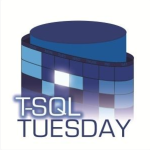
- Cloud Formations: A New Training Initiative Led By Microsoft MVPs
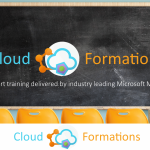
- A New Badge…But Is It Useful? Databricks SQL Analyst Accreditation
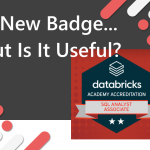
- 2021 Review and Thanks
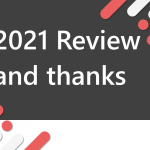
- Applying the Azure Well-Architected Framework to Azure Synapse Analytics
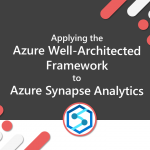
- Optimising Power BI with Synapse Analytics Serverless SQL Pools Session
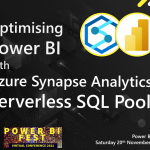
- Connecting Power BI to Azure SQL Database using Private Endpoints
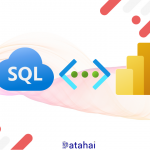
- Costs and Estimated Savings using Azure Synapse Analytics Pre-Purchase Plans
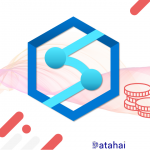
- Snowflake Hands On Essentials – Data Warehouse
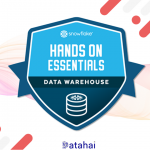
- Applying the Azure Well-Architected Framework to Azure Synapse Analytics
